On the dry evening of Friday, 25 July 2014, the ancient city of Zaria, usually filled with the sounds of prayer and peaceful gatherings, was overtaken by a heavy and haunting silence. What was intended to be a peaceful Quds Day procession, an annual event held in solidarity with the people of Palestine, ended not in unity but in tragedy.
As the demonstrators moved forward, chanting “Free Palestine” and holding banners against oppression both near and far, they were met not with tolerance but with gunfire. The Nigerian military opened fire on unarmed civilians. Dialogue was replaced by bullets; a march for peace was met with violence.
By the end of the day, thirty-four unarmed Nigerians had been killed. Among the dead were three sons of Sheikh Ibraheem Zakzaky, leader of the Islamic Movement in Nigeria. Blood ran through the streets of Zaria. The State responded with a familiar line: “It was a clash.”
But it was not a clash. It was a massacre.
In the hours that followed, voices of protest rose from across Northern Nigeria. Political figures and civil society organisations condemned the killings. Muhammadu Buhari, at the time a former military ruler and presidential candidate, described the actions of the army as “inexcusable” and demanded a full investigation. He called the killings a dark mark on the nation’s conscience.
Nasir El-Rufai, then a vocal opponent of the Jonathan administration and a future governor of Kaduna State, described the attack as “state-sponsored terror”. He paid a visit to Sheikh Zakzaky and publicly mourned the dead, calling for justice and calm. Across the North, religious and political communities responded with outrage. These were their own children, students, and young men with futures ahead of them. Their deaths were indefensible.
But political theorists often remind us that power does not change people; it reveals who they truly are. As Karl Marx observed, the State exists to preserve the interests of the ruling class. In 2014, those who opposed Jonathan’s government spoke loudly about justice. They wore the cloak of moral authority, speaking for the voiceless.
Then, in 2015, the tables turned. Muhammadu Buhari became President. Nasir El-Rufai became Governor of Kaduna State. And not long after, in December 2015, Zaria bled again. This time, over a thousand of Muslims of the Islamic movement were killed under Buhari’s watch. Mass graves were dug. No public apology was given. No one was brought to justice.
Sheikh Zakzaky was arrested. His home was demolished. His wife was shot. His followers were buried in secret. The same El-Rufai who once offered condolences now declared the Islamic Movement “an illegal organisation” and accused it of rebellion.
Those who once mourned victims in 2014 later justified far worse. The tragedy repeated itself — only on a much larger scale.
From a political economy perspective, as Antonio Gramsci explains, movements like the Islamic Movement in Nigeria often grow into counter-hegemonic forces. They challenge dominant power structures by offering alternative ways of living: running schools, clinics, and community services that stand apart from the mainstream system. To the State, this is seen as a threat.
Max Weber argued that the State claims a monopoly over legitimate violence. When that monopoly is even symbolically challenged, the response is often repression — even when resistance is peaceful. This is exactly what happened in Zaria. The same forces that once cried out against injustice, once they gained power, chose to enforce the same injustice to preserve their hold.
The thirty-four lives lost in July 2014, and the hundreds who followed in December 2015, still await justice. Years have passed, but their names and stories have not been given the dignity of truth or accountability. Many were barely adults. Yet their lives were cut short by bullets, and their memory pushed aside by silence.
The political elite spoke loudly once, but time continues to test the honesty of that outrage. The real question remains: will those who once condemned violence from the sidelines remain committed to justice when they are in power?
The soul of a nation is not measured by how it treats the powerful, but by how it remembers the powerless.In memory of Ahmad, Hamid, Mahmud, and thirty-one more. Hammad, Ali Haidar, Humaid, Hasan, Husain — by love and faith they led.
To Dahira and Mujahid, and Bukhari Bello Jega too, with the countless oppressed in Palestine, Zamfara, Borno, Katsina — who were butchered by evil elements called “bandits”.
May their names not fade into forgotten footnotes. Surely, martyrs will never be forgotten.

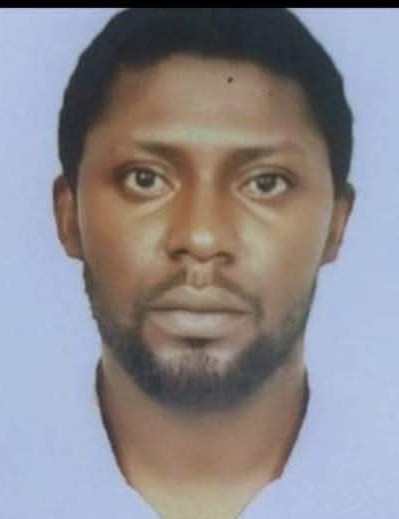
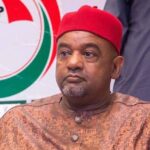
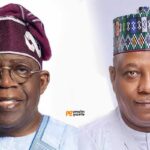



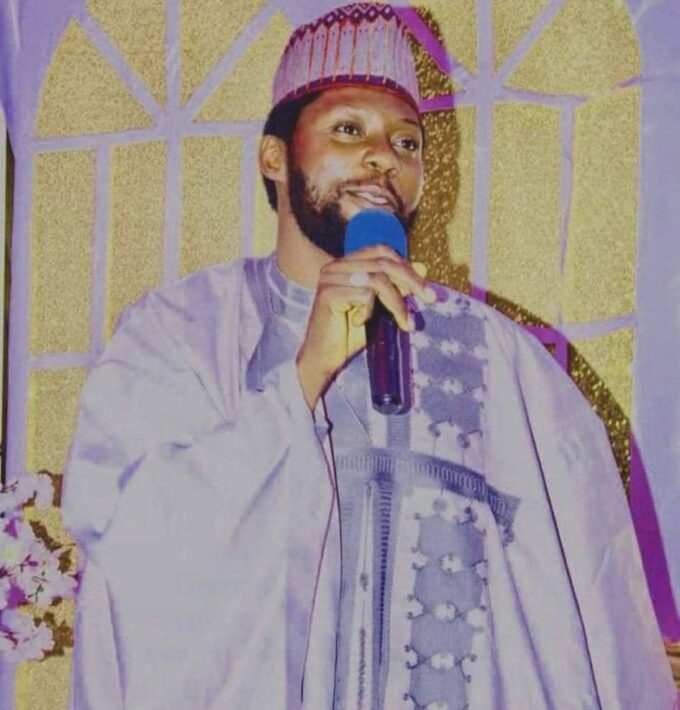

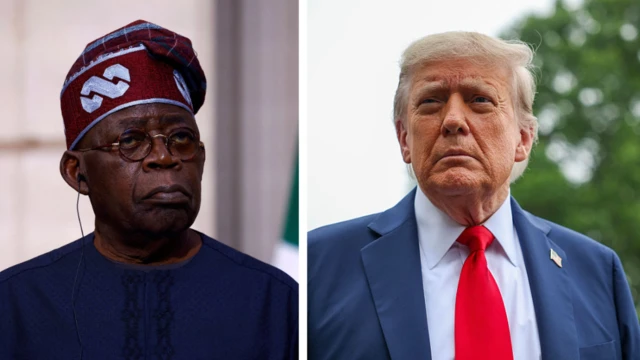




Leave a comment